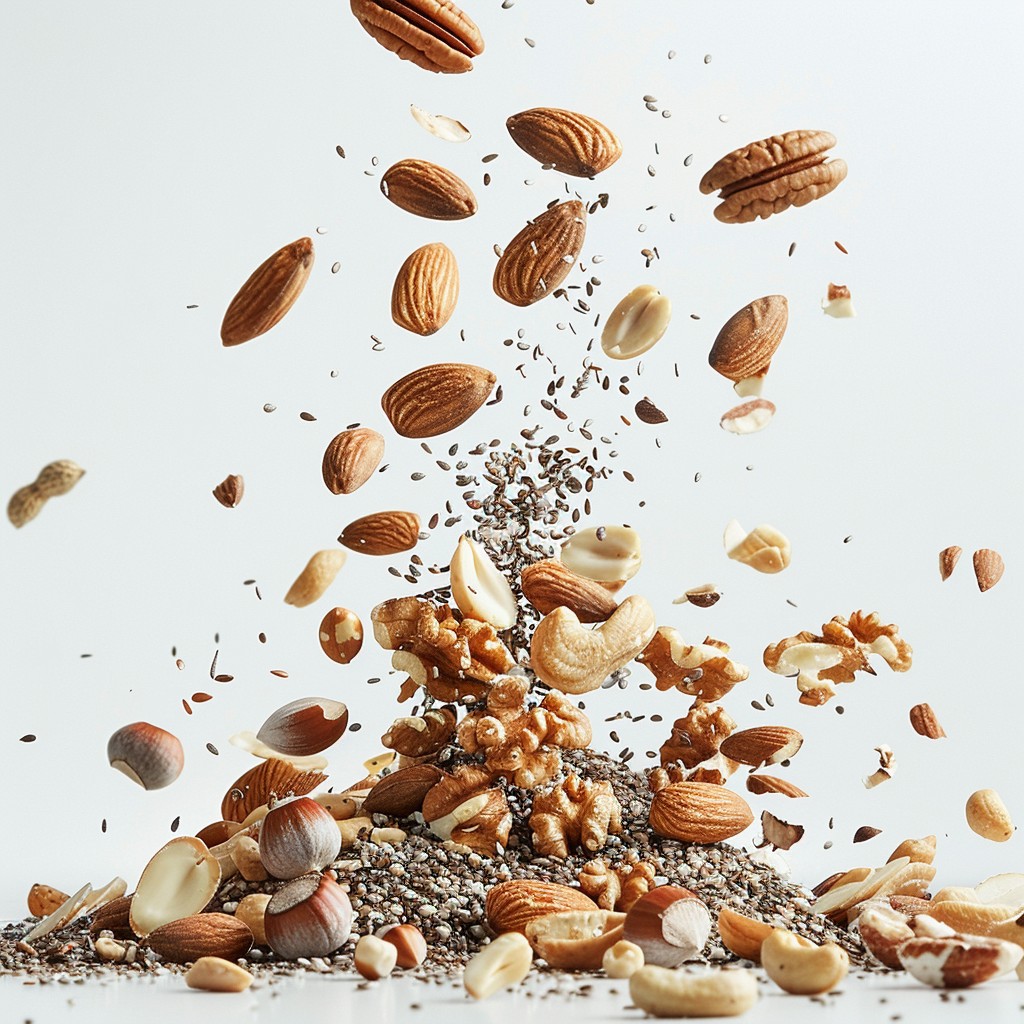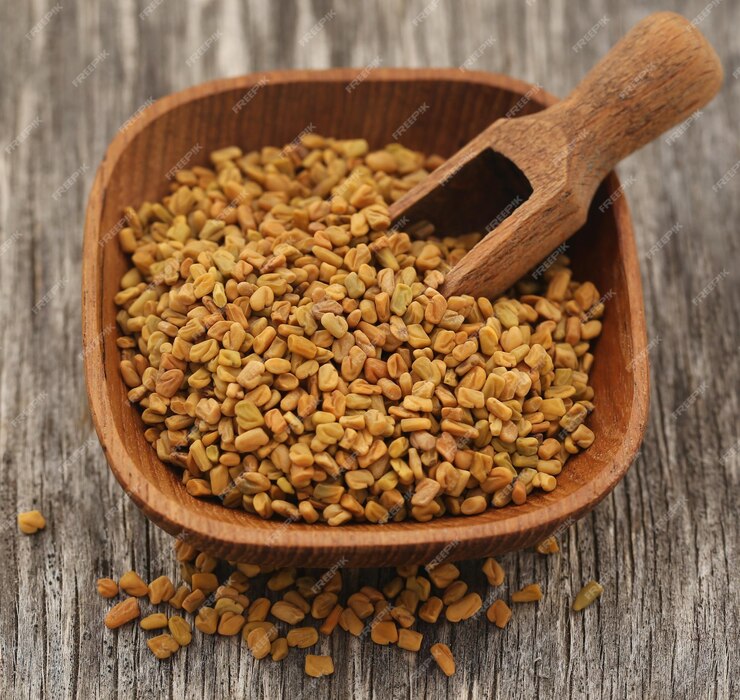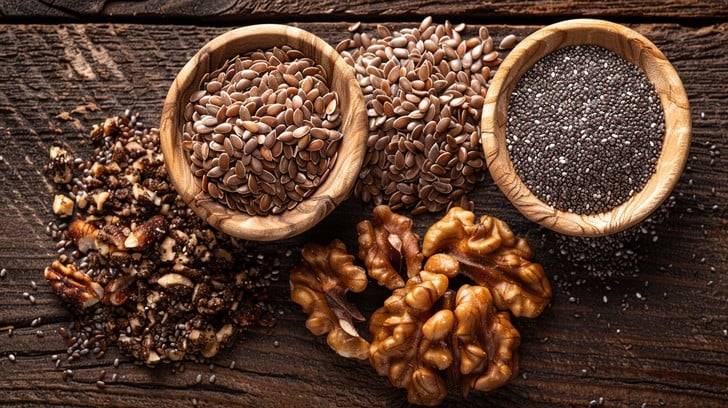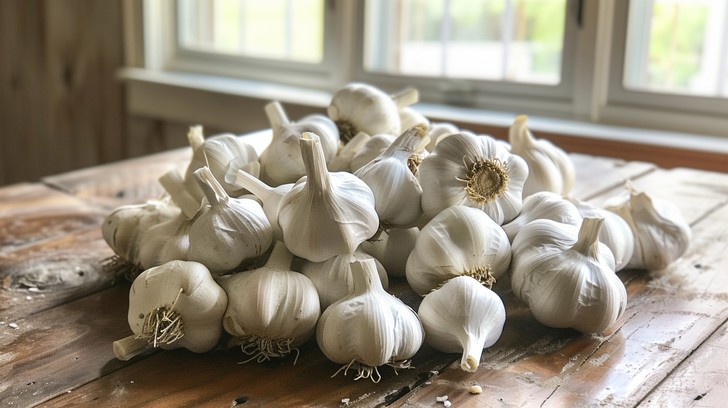

Garlic, often called the “wonder herb,” has been a staple in kitchens and medicine cabinets around the world for centuries. Its pungent aroma and strong flavor make it a popular ingredient in cooking, but the true magic of garlic lies in its powerful health benefits. From boosting immunity to preventing chronic illnesses, garlic is a natural remedy that can significantly enhance your well-being
Nutritional Value of Garlic
Garlic is packed with essential nutrients, making it a valuable addition to any diet. It is low in calories yet rich in vital vitamins and minerals, including:
- Vitamin C: An antioxidant that supports immune function and skin health.
- Vitamin B6: Crucial for brain development and function, and it helps the body convert food into energy.
- Manganese: Supports bone health, metabolism, and nutrient absorption.
- Selenium: A powerful antioxidant that helps protect cells from damage.
- Fiber: Aids in digestion and helps maintain a healthy weight.
Additionally, garlic contains small amounts of calcium, copper, potassium, phosphorus, iron, and vitamin B1 (thiamine).
Medical Benefits of Garlic
Garlic’s health benefits are largely attributed to its sulfur compounds, such as allicin, which are formed when garlic is chopped, crushed, or chewed. Here’s a closer look at some of the key medical benefits of garlic:
- Boosts Immune System: Regular consumption of garlic can help prevent and reduce the severity of common illnesses like the flu and the common cold.
- Lowers Blood Pressure: Garlic has been shown to improve blood pressure levels in people with hypertension, thanks to its ability to relax blood vessels and improve blood flow.
- Improves Cholesterol Levels: Garlic can lower total and LDL (bad) cholesterol, which may reduce the risk of heart disease.
- Supports Heart Health: By lowering blood pressure and cholesterol, and reducing oxidative stress, garlic contributes to overall heart health.
- Anti-inflammatory Properties: Garlic’s anti-inflammatory effects can help reduce chronic inflammation, which is a risk factor for many chronic diseases.
- Antioxidant Power: Garlic’s antioxidants support the body’s protective mechanisms against oxidative damage, which can lead to aging and disease.
- Detoxifies Heavy Metals: At high doses, the sulfur compounds in garlic have been shown to protect against organ damage from heavy metal toxicity.
Daily Consumption of Garlic: Benefits of Eating Garlic on an Empty Stomach
One of the most effective ways to reap the benefits of garlic is by consuming 2 cloves daily on an empty stomach. Here’s why:
- Enhanced Absorption: Consuming garlic on an empty stomach allows the potent compounds to be absorbed more efficiently, maximizing its health benefits.
- Cold and Flu: At the first sign of a cold, consume raw garlic to boost your immune system.
- Boosts Immunity: Starting your day with garlic helps stimulate your immune system, providing better protection against infections.
- Aids Digestion: Garlic stimulates the production of digestive juices, helping your digestive system work more efficiently.
- Promotes Detoxification: Garlic’s ability to detoxify the body is amplified when consumed on an empty stomach, helping to cleanse the liver and expel toxins.
- Regulates Blood Sugar: Garlic can help regulate blood sugar levels, making it beneficial for people with diabetes or those at risk of developing the condition.
Garlic for Different Age Groups: Children and Adults
- For Children: Garlic can be introduced to children’s diets in small amounts. It boosts their immune system and can help prevent infections. However, raw garlic can be too strong for young children, so it’s better to include it in cooked dishes.
- For Adults: Adults can consume garlic in various forms—raw, cooked, or as supplements. However, raw garlic retains the most potent health benefits. Adults can safely consume 1-2 cloves daily, but those with sensitive stomachs may prefer to take it with food to avoid irritation.
Disease Prevention with Garlic
Garlic is known to help prevent several diseases:
- Heart Disease: Regular consumption of garlic helps in reducing the risk of heart attacks and strokes.
- Cancer Prevention: The compounds in garlic have been shown to inhibit the growth of cancer cells.
- Infections: Garlic’s antimicrobial properties make it effective against a range of infections, from the common cold to more serious bacterial and fungal infections.
Who Should Avoid Garlic?
While garlic is generally safe for most people, there are certain conditions where it should be consumed with caution:
- People with Gastrointestinal Issues: Garlic can cause irritation in the gastrointestinal tract, especially when consumed raw in large quantities.
- Those on Blood Thinners: Garlic has blood-thinning properties, so individuals on anticoagulant medications should consult their doctor before increasing garlic intake.
- People with Bleeding Disorders: Garlic has blood-thinning properties, so those with bleeding disorders or who are on blood-thinning medications should use garlic cautiously.
- During Pregnancy and Breastfeeding: Pregnant and breastfeeding women should moderate their garlic intake as it can affect the taste of breast milk and may cause stomach upset.
How to Incorporate Garlic into Your Diet
Garlic can be easily added to your diet in several ways:
- Raw: Finely chop or crush garlic and let it sit for a few minutes before consuming to activate the beneficial compounds.
- Cooked: Add garlic to your favorite dishes—sauté it with vegetables, mix it into sauces, or use it to flavor soups and stews.
- With Vegetables: Garlic enhances the flavor of vegetables and can be used in stir-fries, roasted vegetable dishes, or salads.
- Empty Stomach: As mentioned, consuming 2 cloves of raw garlic on an empty stomach can provide significant health benefits.
Conclusion: The Main Uses of Garlic
Garlic is a versatile and powerful health booster with numerous benefits. From strengthening your immune system to supporting heart health and reducing inflammation, the daily use of garlic can significantly improve your overall well-being. By understanding how to use garlic effectively—whether on an empty stomach, in cooking, or as part of a health regimen—you can harness its full potential for preventing and treating various health conditions.
Whether you’re looking to ward off colds, improve heart health, or simply enjoy the rich flavor it adds to food, garlic is a valuable addition to any diet. Remember to consume it in moderation and consult a healthcare provider if you have any concerns, especially if you’re on medication or have specific health conditions. Start incorporating garlic into your daily routine and experience the multitude of benefits this ancient remedy has to offer.







